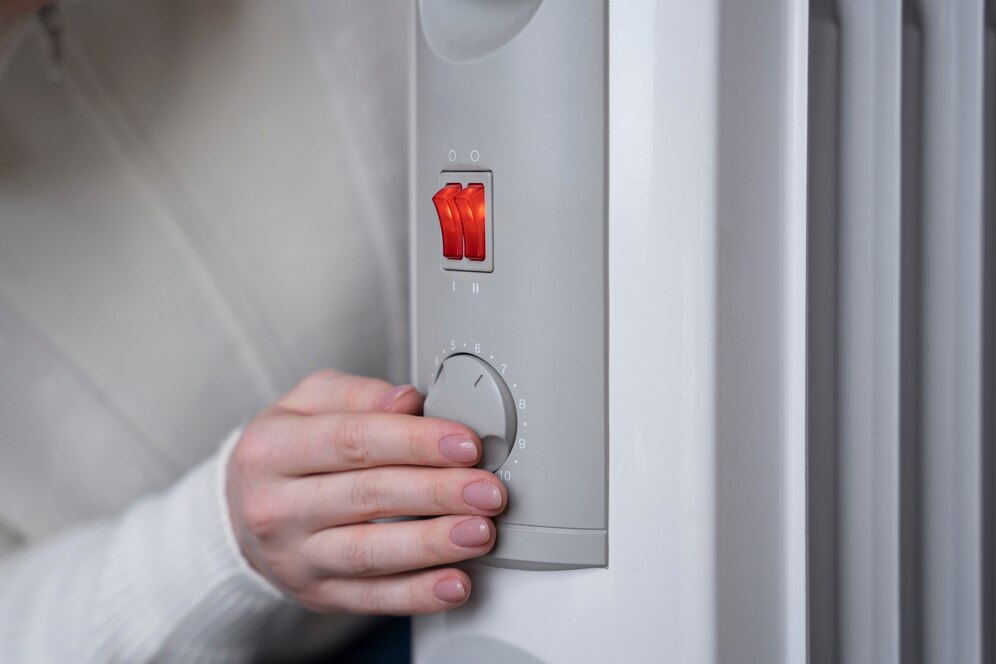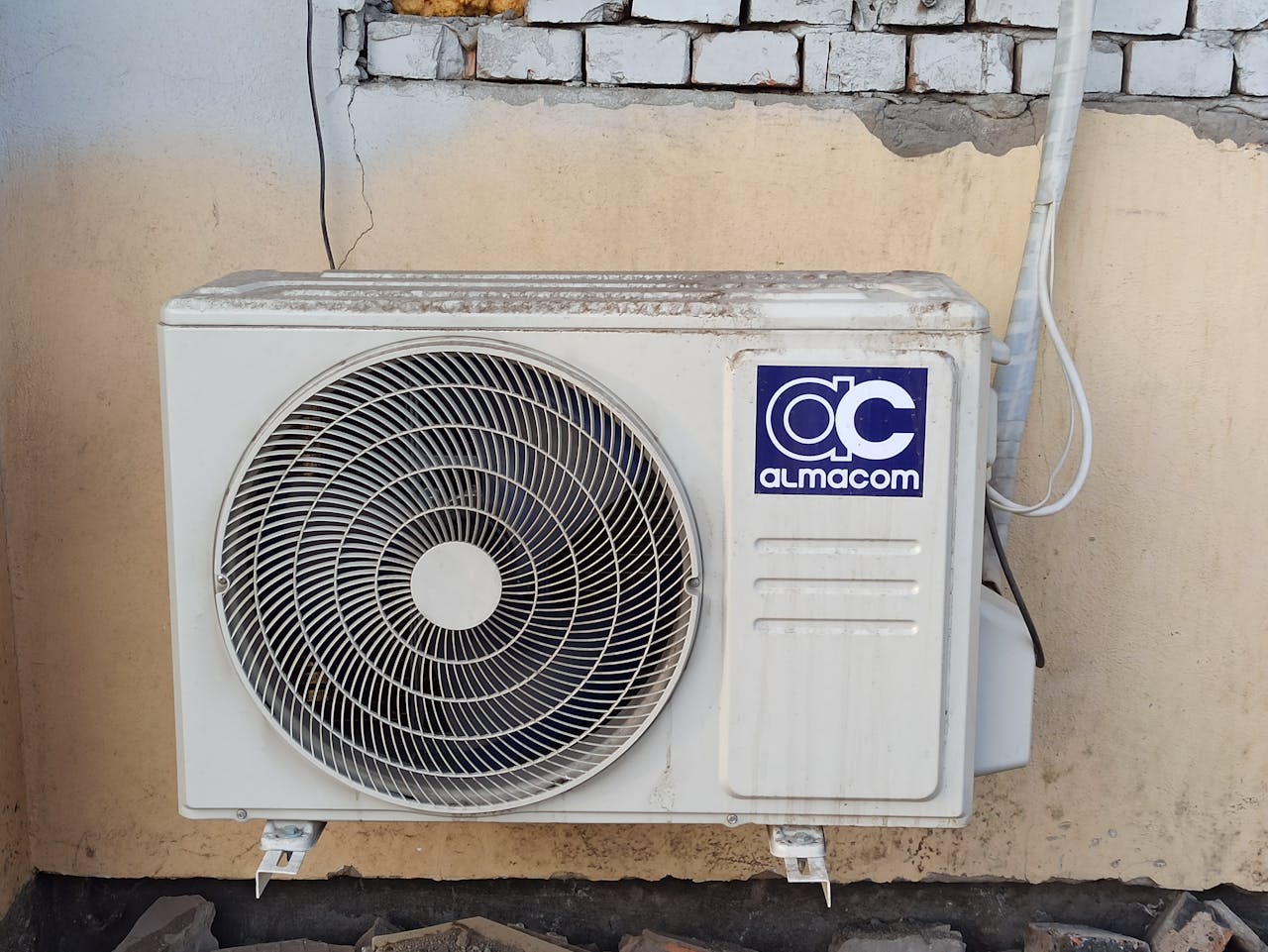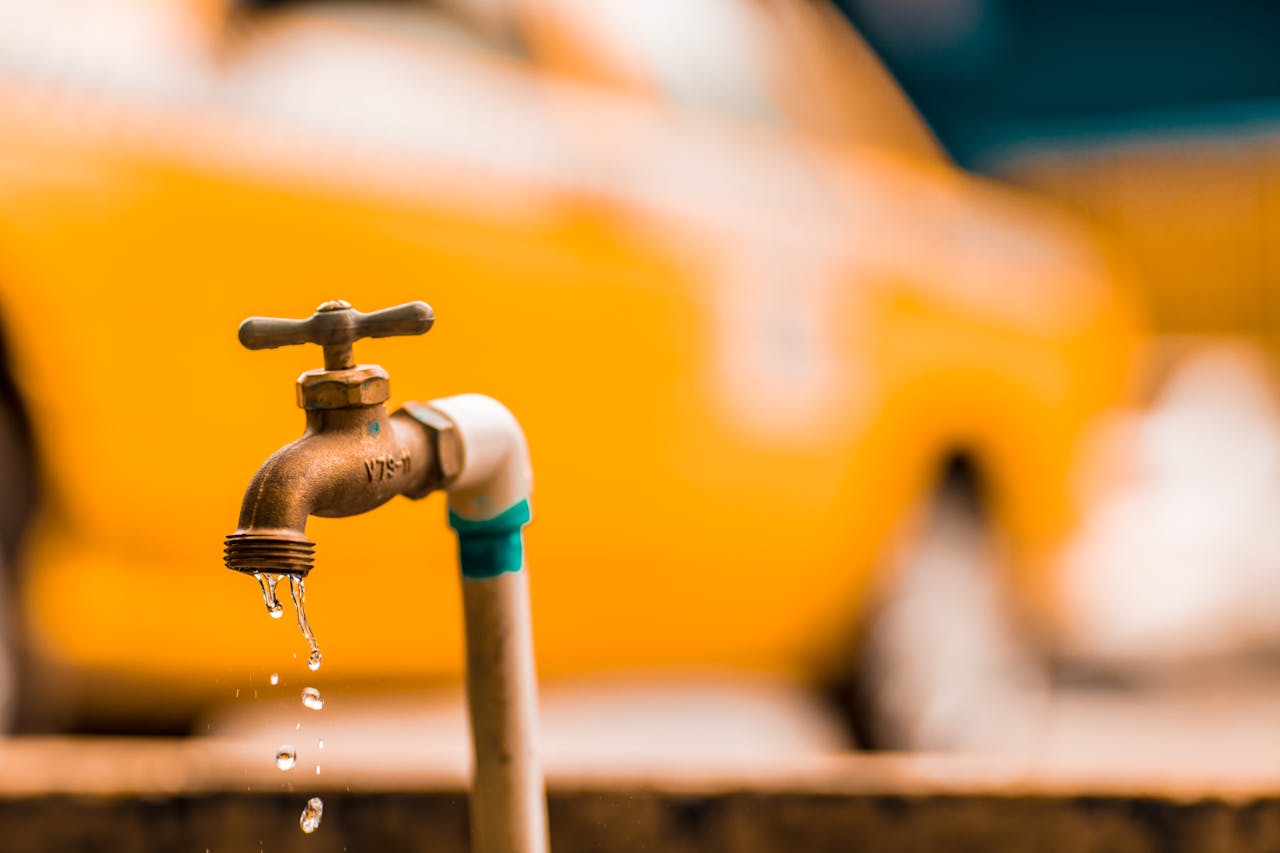Finding the right water heater for your Denver home is crucial to ensure an energy-efficient and reliable hot water supply. Water heaters come in various types, but the top contenders are typically tank and tankless models. Both types have their advantages and drawbacks; understanding the differences between them can empower you to make an informed decision that best suits your unique needs and preferences.
In this article, we will delve into a comprehensive comparison of tank versus tankless water heaters for Denver homes, discussing the benefits and drawbacks of each option, plus factors to consider when making your choice. Moreover, when you need expert plumbing, HVAC, and electrical solutions in Denver, CO, Doctor Fix-It Plumbing, Heating, Cooling & Electric is here to assist you in finding the perfect water heater system to enhance the comfort of your living space.
1. Understanding Tank Water Heaters
Tank water heaters, also known as storage water heaters, are the traditional choice for many homeowners. These units store and heat a large amount of water in an insulated tank, maintaining a constant temperature until hot water is needed. Let’s explore the advantages and disadvantages of tank water heaters:
Advantages:
- Lower upfront cost: Tank water heaters typically cost less upfront compared to their tankless counterparts, making them an attractive option for budget-conscious homeowners.
- Simple installation: Installing a tank water heater is generally straightforward, which can translate to lower installation costs.
- Widespread availability: Storage water heaters are readily available and compatible with various fuel types, such as natural gas, electric, propane, and even solar.
Disadvantages:
- Limited hot water supply: Tank water heaters may not always meet high demand, especially in larger families or during peak usage periods, as they rely on a preheated reservoir of water.
- Larger footprint: These units take up more floor space due to their bulky design, which may be a consideration for homeowners with limited space.
- Shorter lifespan: Tank water heaters typically have a lifespan of 10-15 years, subject to proper maintenance, compared to the longer lifespan of tankless models.
2. Exploring Tankless Water Heaters
Tankless water heaters — sometimes referred to as on-demand or instantaneous water heaters — heat water as it flows through the unit. They provide hot water by rapidly heating the water when it is needed instead of preheating and storing it like tank water heaters. Here are the advantages and disadvantages of tankless water heater systems:
Advantages:
- Unlimited hot water supply: As long as the system’s capacity isn’t exceeded, tankless water heaters can offer a continuous supply of hot water, making them an ideal choice for households with high hot water usage.
- Improved energy efficiency: Because tankless water heaters only heat water on demand, they can result in energy savings of up to 34% compared to storage water heaters.
- Space-saving design: Tankless water heaters are compact and can be mounted on the wall, freeing up valuable floor space.
- Longer lifespan: On average, tankless water heaters last around 20 years with proper maintenance, offering greater longevity compared to storage models.
Disadvantages:
- Higher upfront cost: Tankless water heater units typically have higher upfront costs in terms of both the system and installation.
- Flow rate limitations: Tankless water heaters have a limited flow rate based on their capacity, which can be a concern for simultaneous hot water use (e.g., showers and appliances) in larger households.
3. Comparing the Energy Efficiency of Tank and Tankless Models
Energy efficiency is a significant factor to consider when deciding between tank and tankless water heaters. Tankless water heaters offer greater energy efficiency due to their on-demand operation, which eliminates standby energy losses experienced by tank water heaters.
However, when comparing the energy efficiency of different models, it’s important to look at the individual energy factor (EF) ratings of each unit. The energy factor indicates the overall efficiency of a water heater by considering factors like standby losses, recovery efficiency, and cycling losses. Higher EF ratings signify greater energy efficiency.
4. Factors to Consider When Choosing a Water Heater
Before committing to a tank or tankless water heater for your Denver home, consider the following factors:
- Hot water demand: Assess your household’s hot water demand and usage patterns. If your home requires a continuous supply of hot water for multiple simultaneous uses, a tankless model might be more suitable. However, for lower hot water usage, a traditional tank water heater should suffice.
- Space constraints: Consider the available space for installing a water heater. For homes with limited space, a compact tankless water heater can be an ideal solution.
- Installation and operational costs: Tank water heaters tend to have lower upfront and installation costs, while tankless units tend to be more energy-efficient in the long run. Weigh initial costs versus potential energy savings over time to determine which option works best for your budget.
- Desired fuel type: Both tank and tankless water heaters can use a variety of fuel sources, including electricity, natural gas, and propane. Make sure to research fuel availability and energy costs in your area before making your decision.
By carefully considering these factors and consulting with expert plumbers at Doctor Fix-It Plumbing, Heating, Cooling & Electric in Denver, CO, you can make a well-informed decision, choosing the perfect water heater to meet your needs and provide an efficient, reliable hot water supply for your home.
Conclusion: Make the Right Choice for Your Denver Home
Choosing between a tank or tankless water heater for your Denver home comes down to factors such as hot water demand, available space, budget, and energy efficiency. Both types of water heaters have unique benefits and limitations, so it’s crucial to assess which option best aligns with your specific needs carefully.
If you’re feeling uncertain or need expert guidance, Doctor Fix-It Plumbing, Heating, Cooling & Electric is here to help. Our experienced team can assist you in evaluating your water heating needs, recommend the most suitable option, and ensure a seamless installation process. Contact us now for professional electrical and HVAC services in Denver, CO!

















